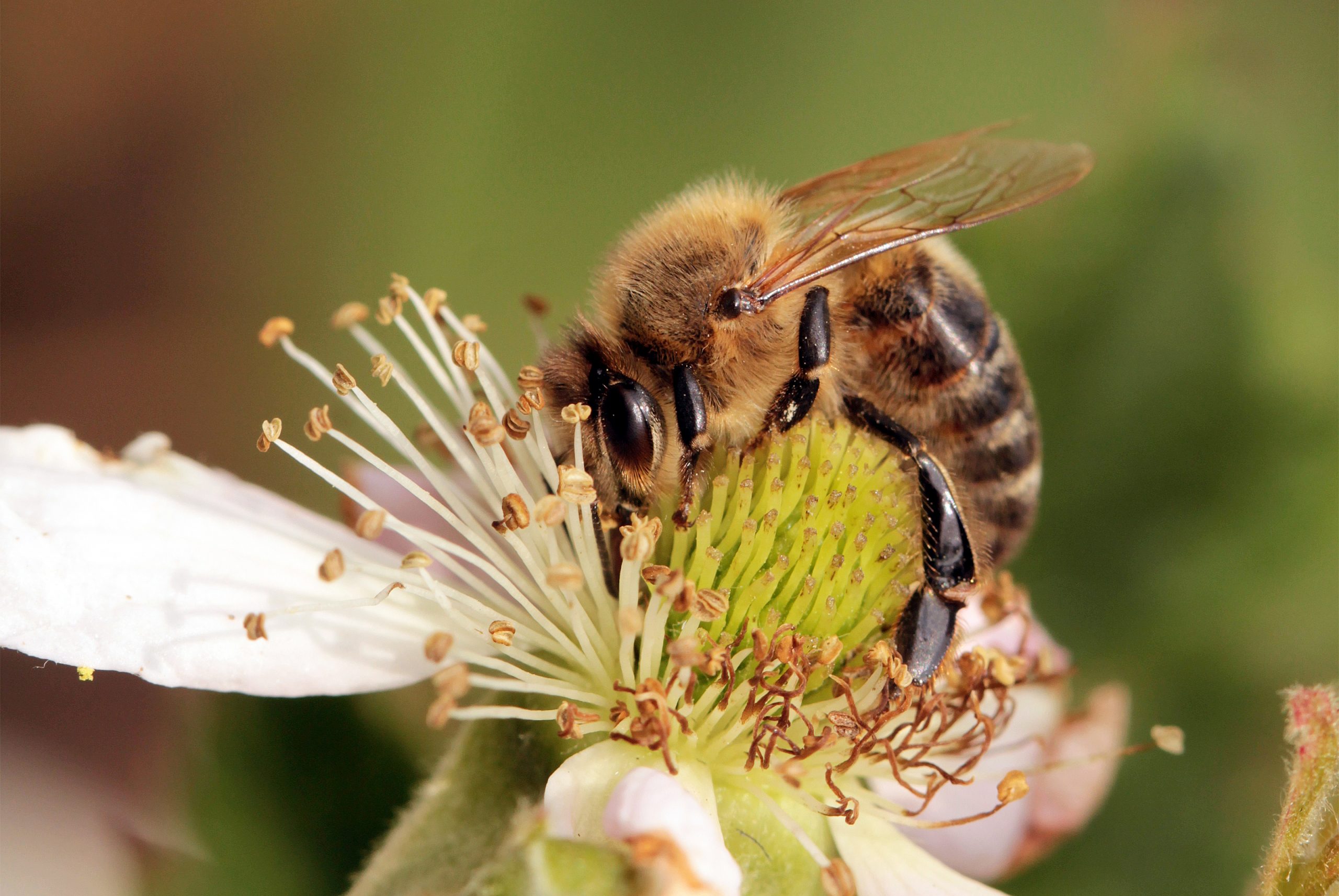Recent CA Honeybee Attacks—Not Africanized Bees?
June 08, 2016
Earlier this month, citizens in Concord, California faced the threat of several swarms of honeybees that reportedly “terrorized” a neighborhood, attacking a mail carrier and a beekeeper trying to reel them in and killing two miniature Dachshunds in their own backyards. The 25lb dogs were stung more than 50 times and the injured parties were hospitalized, with these swarms’ aggressive nature leading many experts to believe these bees were Africanized bees, rather than the more docile European bees more common to the US. Considering Africanized species are becoming more common in the western US, it was reasonable to assume these bees were entirely Africanized, but DNA testing might actually point elsewhere.
State agricultural officials/scientists for the California Department of Food and Agriculture have stated for the record these honeybees, while extremely aggressive in nature, were not Africanized but only in fact contained European genes. Scientists tested the mitochondrial DNA (only passed on from mothers to their children) of seven of the stressed bees, where it was determined the department had “found that they are not Africanized honeybees," said department spokesman Steve Lyle.
Despite the results showing clear indication of European genes in the bees, Norman Lott, an experienced beekeeper from Mount Diablo Beekeepers Association, who was called to one of the scenes, said the attack was "not a normal occurrence for our nice European bees, and" therefore remained unconvinced by the DNA results. "That's why I believe they're Africanized, myself," Lott said. "It seems to me, from all the things I’ve watched, these look like Africanized bees." UC Davis apiculturist Elina Nino appeared to agree with Lott, saying the Concord incident was "unique," and the behavior wasn’t typical of European honeybees, claiming they usually move into a weakened or empty hive.
While both Lott and Nino say the bees could have simply been defending their hive and honey stores, they hope scientists will test the bees’ paternal DNA as well, which may show these bees to have Africanized fathers. "It's possible the drones were Africanized," Nino said. "Doesn't mean they were, but there's still a possibility." The honeybees have been sent to two labs, and the results should be known within two weeks.
Considering the swiftness with which these possibly hybrid honeybees swooped into Concord, some are saying these attacks could be a sign of more Africanized honeybees to come, with Lott reminding local beekeepers to monitor hives and set up protocols. Nino herself reminded others not to panic, since honeybees are, as we all know, "very important to agriculture and our ecosystem." She told the people of Concord “not to panic, but to be cautious around bees."


.jpg)



